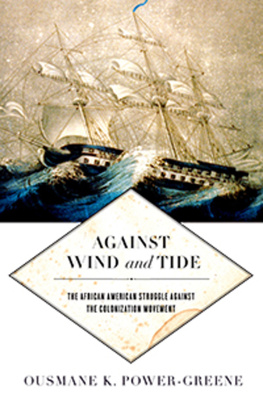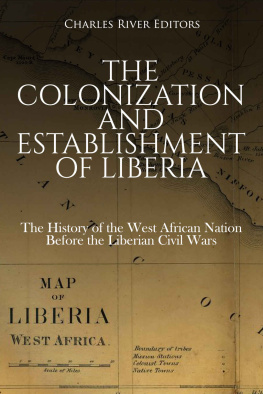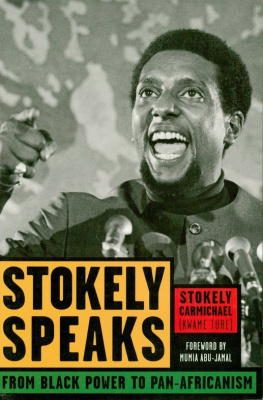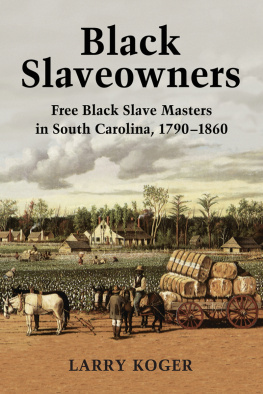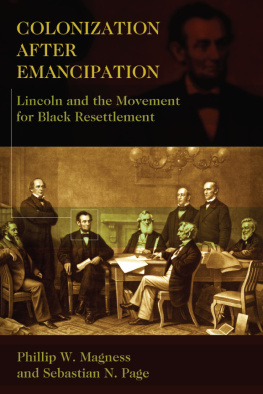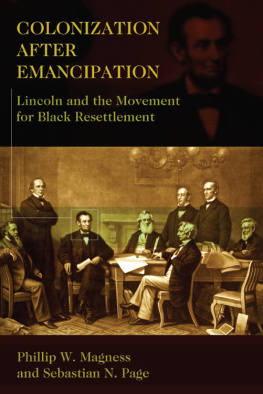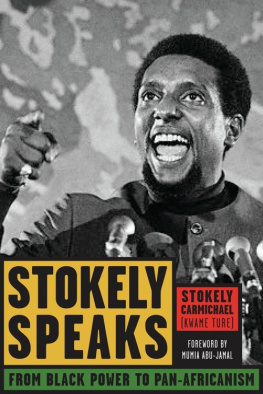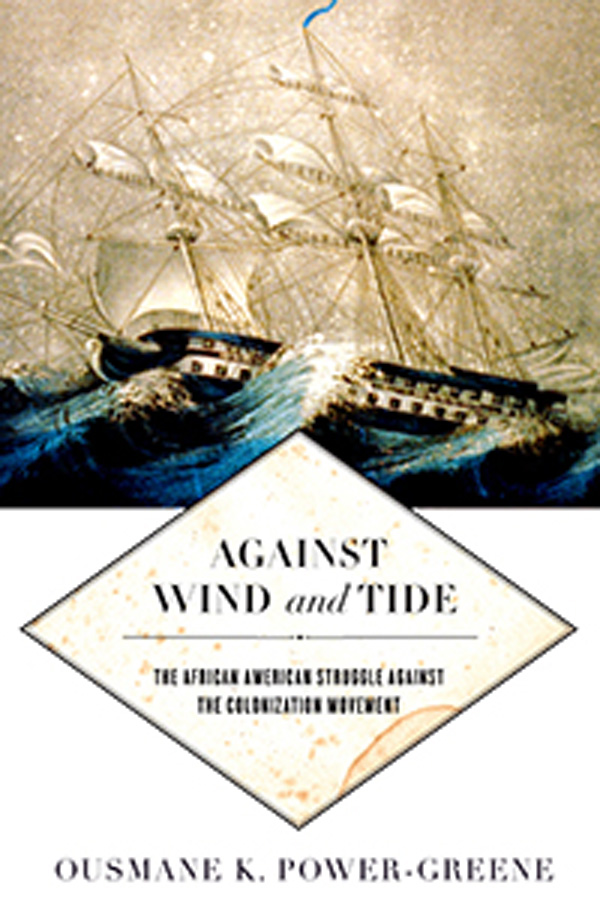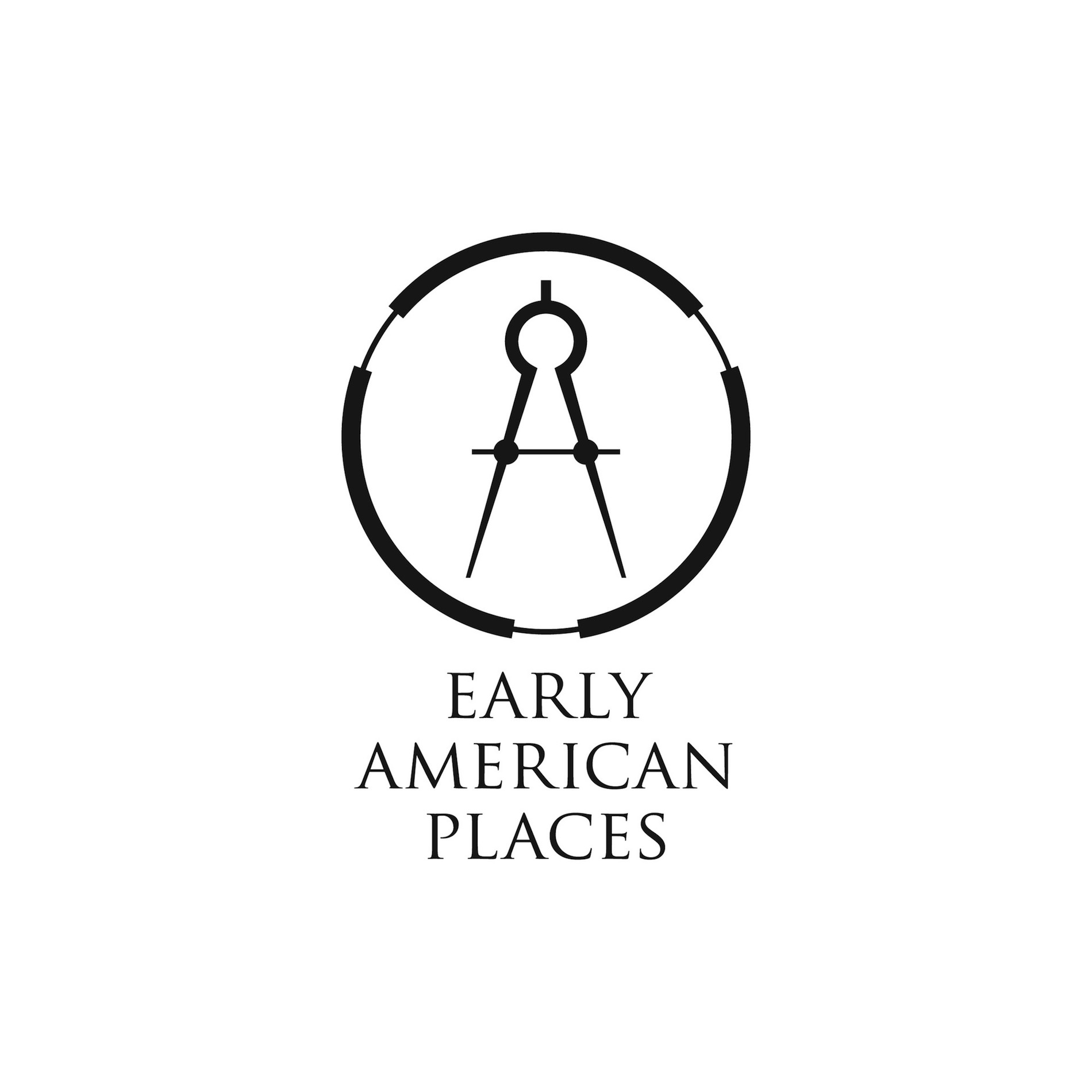Early American Places is a collaborative project of the University of Georgia Press, New York University Press, Northern Illinois University Press, and the University of Nebraska Press. The series is supported by the Andrew W. Mellon Foundation. For more information, please visit www.earlyamericanplaces.org.
Advisory Board
Vincent Brown, Duke University
Stephanie M. H. Camp, University of Washington
Andrew Cayton, Miami University
Cornelia Hughes Dayton, University of Connecticut
Nicole Eustace, New York University
Amy S. Greenberg, Pennsylvania State University
Ramn A. Gutirrez, University of Chicago
Peter Charles Hoffer, University of Georgia
Karen Ordahl Kupperman, New York University
Joshua Piker, University of Oklahoma
Mark M. Smith, University of South Carolina
Rosemarie Zagarri, George Mason University
Against Wind and Tide
The African American Struggle against the Colonization Movement
Ousmane K. Power-Greene
New York University Press
New York and London
New York University Press
New York and London
www.nyupress.org
2014 by New York University
All rights reserved
Cloth ISBN 978-1-4798-2317-8
For Library of Congress Cataloging-in-Publication data, please contact the Library of Congress.
References to Internet Web sites (URLs) were accurate at the time of writing. Neither the author nor New York University Press is responsible for URLs that may have expired or changed since the manuscript was prepared.
New York University Press books are printed on acid-free paper, and their binding materials are chosen for strength and durability. We strive to use environmentally responsible suppliers and materials to the greatest extent possible in publishing our books.
To William and Gwendolyn Greene
If as the friends of colonization hope, the present and coming generations of our countrymen shall by any means, succeed in freeing our land from the dangerous presence of slavery; and, at the same time, in restoring a captive people to their long-lost father-land, with bright prospects for the future; and this too, so gradually, that neither races nor individuals shall have suffered by the change, it will indeed be a glorious consummation. And if, to such a consummation, the efforts of Mr. Clay shall have contributed, it will be what he most ardently wished, and none of his labors will have been more valuable to his country and his kind.
Abraham Lincoln, Eulogy On Henry Clay, 1852
This book would not have been completed without the support, guidance, wisdom, and patience of numerous scholars, family members, and friends. Manisha Sinha first encouraged me to take up this study of the colonization movement during the antebellum era. For that reason, this book reflects her tremendous wisdom and guidance about how best to write about the colonization movement from the vantage point of black abolitionists and community leaders during that period. John Braceys patience and enthusiasm for this project had an immeasurable impact on my desire to see it to completion. Like all master teachers, John challenged me on nearly every idea I had on this topic, pushing me to be more clear in my thinking and in the way I expressed my ideas. While I am certain he will find many points I have made in this book worthy of rethinking and further conceptualization, I am thankful for his unquenchable desire to see me do the best work I am capable of doing. Ernie Allens ideas about African American social and political movements remain a crucial foundation upon which this book has been built. Ernie has been a wonderful mentor, and I am very fortunate to have been encouraged by his example. Bill Stricklands honest, frank criticism of this work has compelled me to remember the big picture and its relevance to the black community. John Higginson provided me with my first lessons of scholarly inquiry a year before I joined the African American Studies Department, and for those formative lessons about writing and research I am extraordinarily grateful. Bruce Lauries seminar on the abolition movement provided me with early guidance about nineteenth-century history and how best to approach the study of the antislavery movement. My other mentors and teachers at the African American Studies Program at UmassMichael Thelwell, James Smethurst, Steve Tracy, Esther Terry, Robert Paul Wolff, and Joy Bowmanhave offered wisdom and guidance that extend beyond this book, yet remain crucial to its completion. For all of their words of encouragement and advice, I am very grateful.
The graduate program in the W.E.B. DuBois Department of African American Studies at the University of Massachusetts-Amherst provided me an ideal intellectual environment to learn much of what underpins this study. Its broadly trained graduate students, passionate about African American history, culture, and politics as well as the importance of scholar-activism, had an immense impact on my approach to researching and writing this book. While all of my peers have formed a wonderful support network, I am especially grateful for the camaraderie and insights of Shawn, David, Dan, Stephanie, Jen, Rita, Carolyn, W.S., Tkweme, Andrew, Zeb, Sandra, Trimiko, Christy, Karla, Anthony, Allia, Chris, Johnathan, McKinley, Zarrah, Deroy, David S., and David L. Tricia Loveland deserves special mention for her support during graduate school.
My colleagues in the History Department at Clark University have proven themselves to be indispensable allies in my effort to complete this book. Thus, I extend my thanks to Norm Apter, Taner Akcam, Deborah Dwork, Janette Greenwood, Wim Klooster, Nina Kushner, Thomas Kuehne, Doug Little, Olga Litvak, Drew McCoy, Amy Richter, and Paul Ropp. Each of them have in their own way provided me with guidance on how best to negotiate the challenges of teaching history while managing ambitious research projects. I owe a special debt of gratitude to Amy, Drew, Janette, and Wim, who read drafts of the manuscript and offered important insights that helped me make this a stronger book. My students at Clark University have each challenged me with wonderful and at times provocative questions about the study of African American social and political movements, which have compelled me to rethink many of the ideas in this book. While space does not permit me to mention all of them, I am particularly thankful to undergraduates Brady, Frank, Tibby, Natalie, Natasha, Rosaly, Tim, and Stephon, and graduate students Steve, Diane, Lindsay, Chris, Brooks, and Mike.
Those scholars of African American history and culture whom I have come to know over the course of this study have helped me place my work within the broader context of African American history. Special thanks go to Hilary Moss and Amani Whitfield, both of whom read or commented on this work early on. In addition, Winston James provided me with crucial insights about the limitations and possibilities of this project in my effort to make this a worthwhile contribution to the history of the pan-African protest tradition; for his advice and suggestions I am truly in debt. Similarly, I am thankful for the support of scholars Colin Palmer, Fred Opie, Jeffrey O.G. Ogbar, and Amy Jordan, who engaged me in lively discussions about African American history in ways that have shaped this book.
My editor at NYU Press, Clara Platter, had the burden of picking up this project while only having been at the Press for a short time. I am indeed thankful for her patience and her willingness to shepherd the book to completion. Likewise, Id like to thank her excellent assistant Constance Grady, who has provided me with courteous and gentle reminders about deadlines, documents, and other details needed for the publication of this book. The two blind reviewers at NYU Press have offered the exact sort of critique that a first-time author needs when trying to complete a book with ambitious, far-reaching implications. Although I am certain there are portions of the book that they may find tenuous, I do hope that this study reflects my earnest attempt to make a useful contribution to the study of nineteenth-century African American history. For their advice and support, I am truly appreciative.

